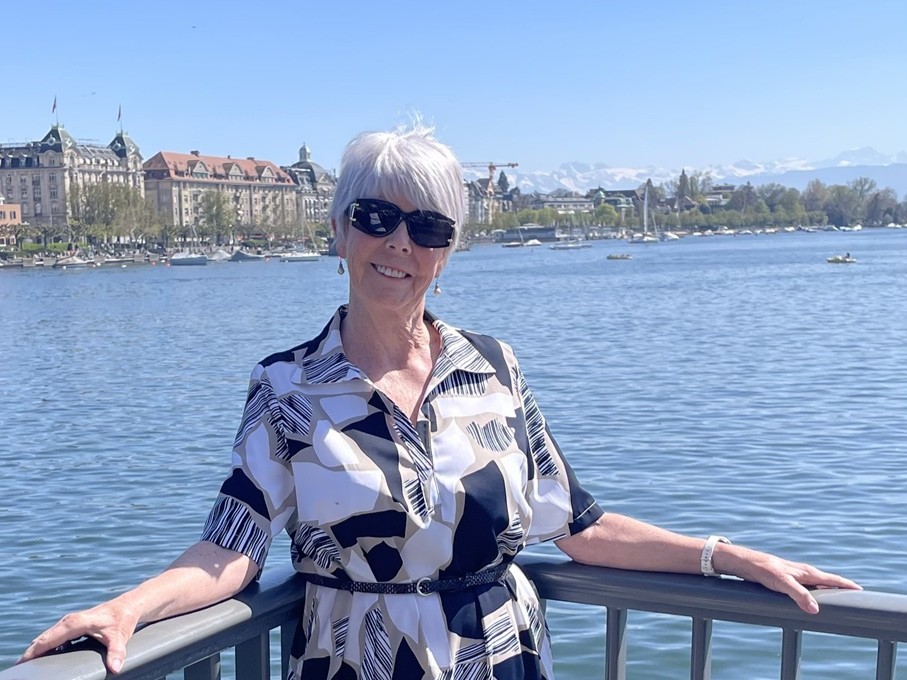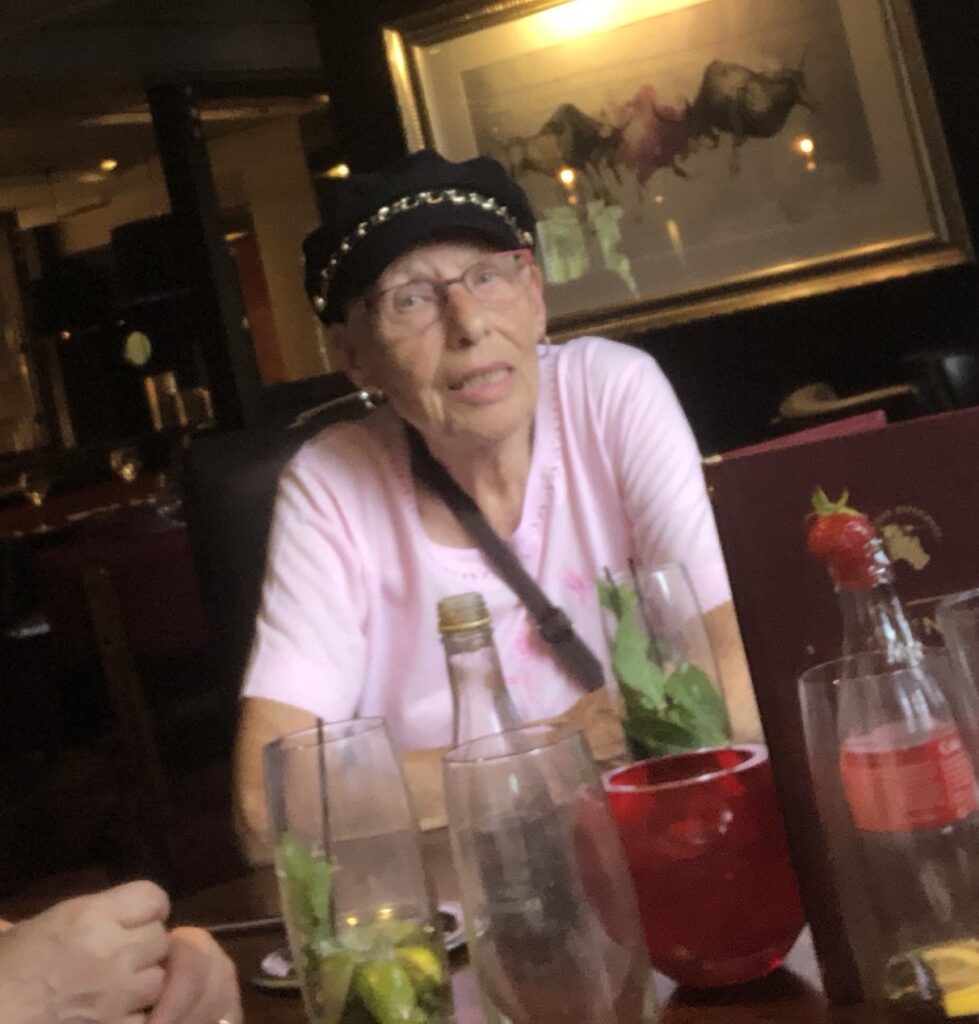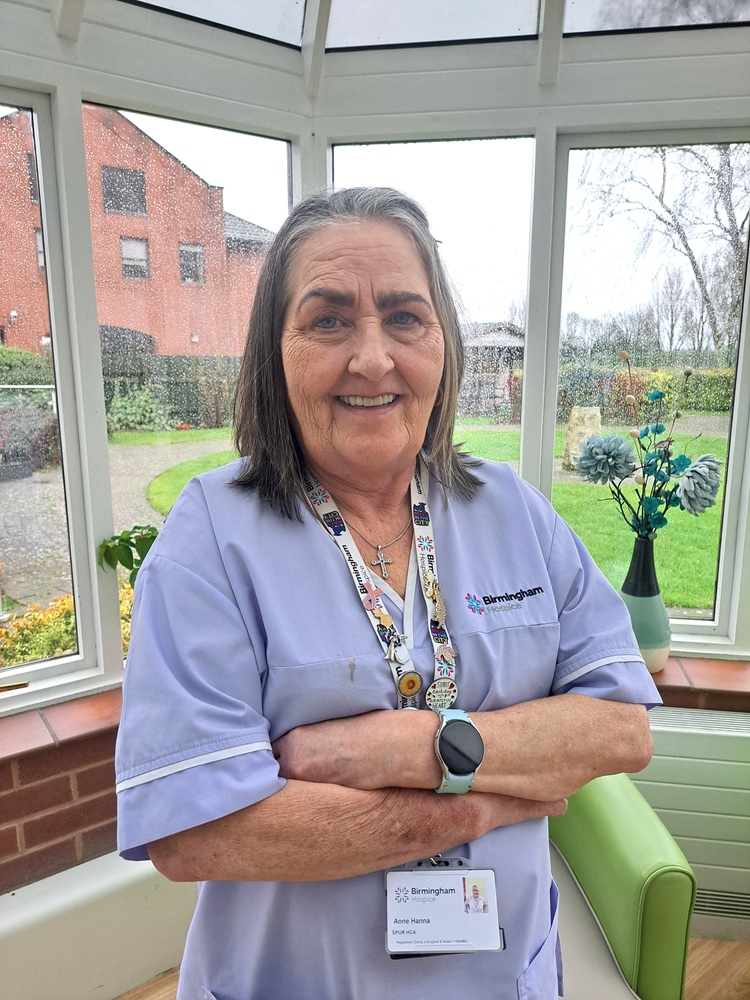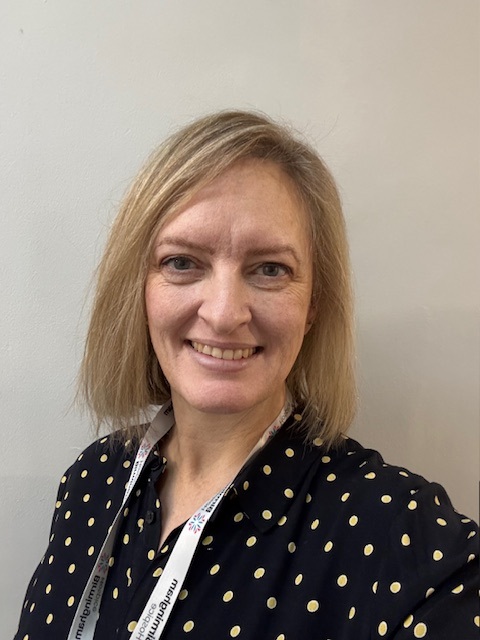This Volunteers’ Week, we are celebrating the work of individuals across a wide range of roles in the hospice. One area where our valued volunteers offer support is in wellbeing, offering counselling and spiritual guidance to those who need it.
Jackie Hutchinson is a volunteer Grief Support Worker in our Wellbeing Team, helping people to deal with bereavement, including people who are dying themselves, as well as those who have recently been bereaved, or who are facing bereavement in the near future.
They usually have about 10 sessions on a weekly or fortnightly basis, and our volunteer counsellors work alongside full-time members of the team, ensuring we can offer support to everyone who needs it.
Jackie said: “It’s about listening to people and supporting them through their journey. We help people find coping mechanisms that work for them, because everyone is so individual in how they grieve. Not everybody is incredibly sad – they might be angry or even relieved – and what we give is a safe space where they can open up and talk about things they might not be able to discuss with anyone else.”
Jackie first became involved in counselling during the COVID pandemic, and then volunteered at another hospice before joining us two years ago. She said she has gained a lot from the experience herself, as well as benefiting those she supports.
She said: “I had my own business where I used to run big medical conferences, and through that had a lot of contacts in the NHS. When COVID hit, one of my contacts was the Head of Bereavement Care at University Hospitals Birmingham, who needed people to support families at that time, and she said she thought I would be good at it.
“At the hospice we work quite independently but we have supervision once a month where we can talk through our cases and offload if needed. We normally have a couple of socials a year to keep in touch as well. If you need support, it’s absolutely there, and we’ve got a great team.
“It’s given me a lot, and has made me much more reflective; a lot more caring. It does make you a better person – I don’t make assumptions like I used to, and I like to find out what’s going on behind things before coming to a conclusion. I was quite a corporate person and am very different now. You get a lot back when you can give comfort to somebody and just be at their side.”
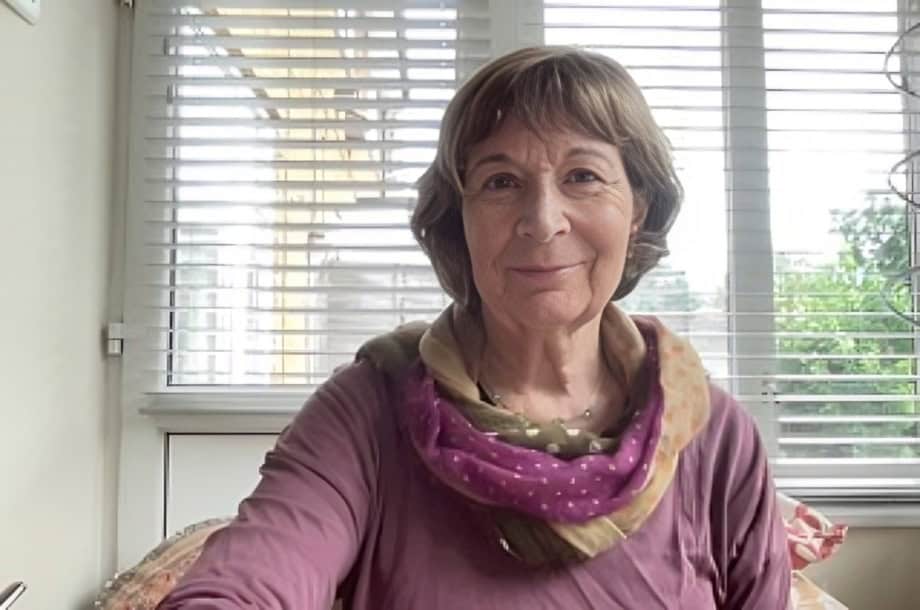
Alison Paris is a volunteer counsellor with the hospice and is also a Wellbeing Companion with our Spiritual Care Team.
She said: “Being a counsellor means taking time to be there alongside people who are going through bereavement, or increasingly now someone whose loved one might be very ill, so we’re helping them come to terms with the process of their loved ones dying.
“With Spiritual Care, again it is just being available to people to talk about things that matter to them – it might be about their lives, concerns they have about dying or their families, or their faith or belief in terms of what is spiritual to them. This could be religious but it doesn’t have to be; it might be something like spending time in the garden.”
Alison was first introduced to the hospice when she was teaching Social Work at the University of Birmingham and some of her students were on placement here. She then trained as a counsellor after her retirement and, after spending time on placement here herself, she has remained involved ever since.
Alison added: “Training as a counsellor was something I’d always wanted to do, and the hospice allowed me to do part of my placement there. I then became a volunteer and have done it for over 10 years.
“It has benefited me enormously – you get a great deal of satisfaction from helping people, being alongside them and helping them to feel a bit of companionship. I’ve also learned a lot about the kindness of people, the need to be kind, and how to express that kindness and compassion. The enduring teamwork at the hospice has also stayed with me – I still see people who were there when I started and I’ve made some really good friends.
“I find patients do really benefit from having someone involved who isn’t part of their family. If they’ve been carers as well, there’s a lot to unburden – it can be hard to talk to the rest of your family as you don’t want to upset them, so it can be quite lonely at times. We can help people see there is a life ahead of them, that what they’re going through with the grieving process is completely natural, and the most important thing is to be kind to themselves.”
